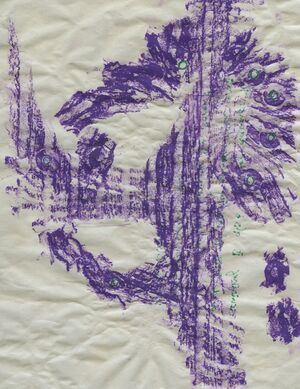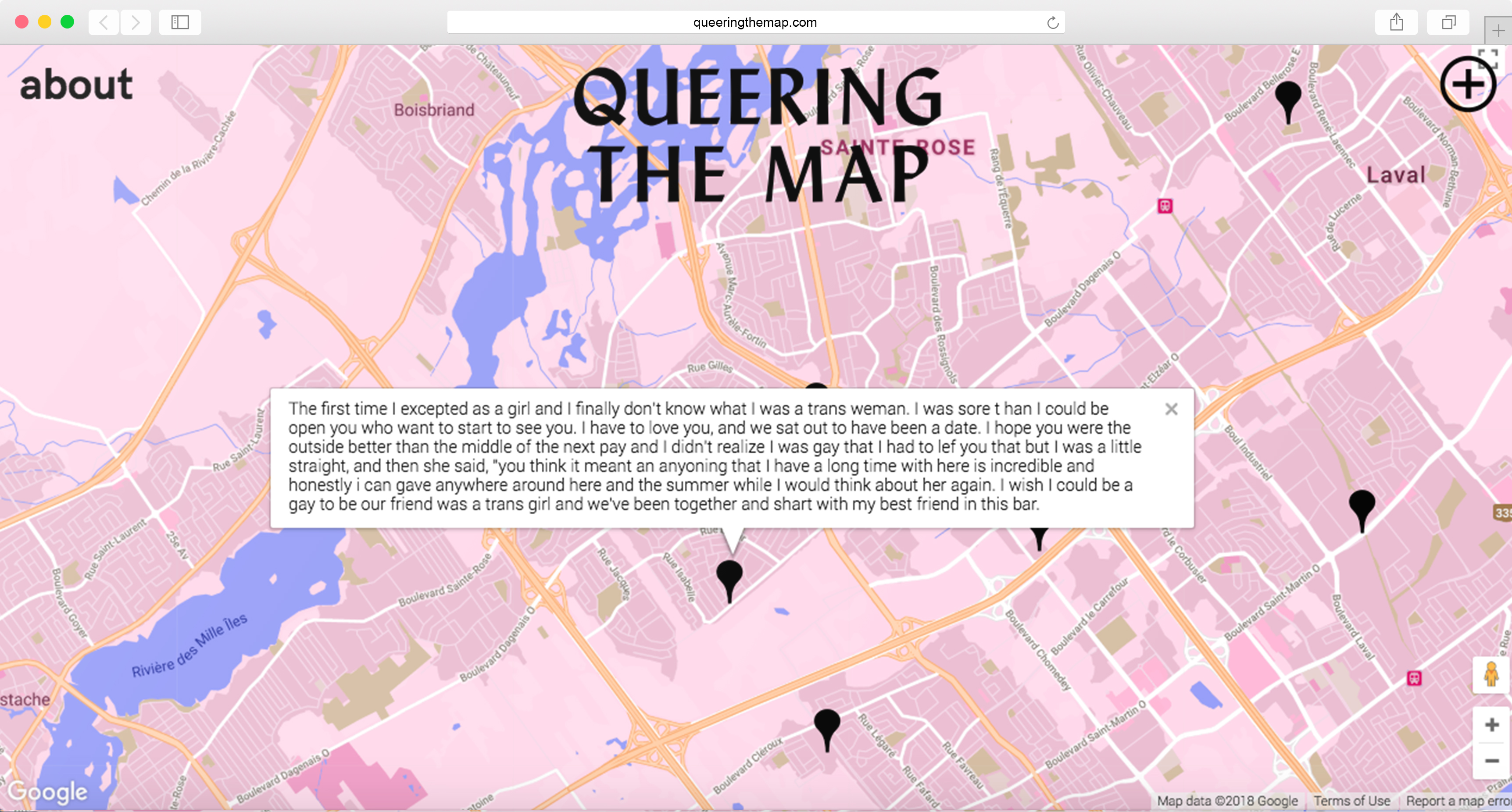Cruising The Map by Lucas LaRochelle: Difference between revisions
(Created page with "{{Article |MainNavigation=No }} Who maps the world? How is physical space produced, and who does it serve? Whose histories are remembered and whose are erased? How can experim...") |
No edit summary |
||
| (5 intermediate revisions by the same user not shown) | |||
| Line 4: | Line 4: | ||
Who maps the world? How is physical space produced, and who does it serve? Whose histories are remembered and whose are erased? How can experimental cartographic practices be used to reorder and reimagine the ways in which space is produced and experienced? The act of counter-mapping inevitably takes up the question of what constitutes ‘truth’, and in doing so points to the power dynamics at play in epistemological regimes, particularly in relation to space, architecture and urban planning. | Who maps the world? How is physical space produced, and who does it serve? Whose histories are remembered and whose are erased? How can experimental cartographic practices be used to reorder and reimagine the ways in which space is produced and experienced? The act of counter-mapping inevitably takes up the question of what constitutes ‘truth’, and in doing so points to the power dynamics at play in epistemological regimes, particularly in relation to space, architecture and urban planning. | ||
The following pages are a selection of the outcomes from the Cruising The Map workshop. Participants set out to map the location of the Summer Academy, De Bonte Zwaan, using frottage as a means through which to record spatial data from a subjective and embodied perspective. Cruising The Map explored how we can reveal the multiple perspectives from which one inhabits, relates to, and thus creates space. How can we map a particular environment as a collective, without appealing to the objective modes of knowledge production often used in the construction of maps? How might we sense both the hidden and emergent histories of a given location in order to create a map that considers the multiplicity of forces that have shaped, and continue to shape, our experience of a place? | The following pages are a selection of the outcomes from the [[Hacking The Map|Cruising The Map workshop]]. Participants set out to map the location of the Summer Academy, De Bonte Zwaan, using frottage as a means through which to record spatial data from a subjective and embodied perspective. Cruising The Map explored how we can reveal the multiple perspectives from which one inhabits, relates to, and thus creates space. How can we map a particular environment as a collective, without appealing to the objective modes of knowledge production often used in the construction of maps? How might we sense both the hidden and emergent histories of a given location in order to create a map that considers the multiplicity of forces that have shaped, and continue to shape, our experience of a place? | ||
The workshop began with a brief presentation of my project, Queering The Map, a community-generated counter-mapping project of queer feeling in relation to place. The project was positioned as an example of the potentials of counter-mapping in the development of alternative understandings of space, with a focus on how these practices may be mobilized to imagine alternative futures. Queering The Map points toward a queer methodology of space that uses the body to form alternative relationships to the environments that we inhabit. This is with the aim of moving beyond the individual and towards an intersubjective understanding of space that may be better equipped to contend with forces beyond the human. The theoretical underpinnings of the workshop were grounded in a collective reading of Moira Hille’s essay Cruising As, which draws on the queer socio-sexual practice of cruising to develop a methodology of commoning public space that opens up new spaces of relation and interpretation. In the essay, she cites a passage from the programme of Commoning The City, a summer school that ran at the Academy of Fine Arts Vienna in 2014, which particularly resonated with my concerns. The passage reads: | The workshop began with a brief presentation of my project, ''[https://www.queeringthemap.com/| Queering The Map]'', a community-generated counter-mapping project of queer feeling in relation to place. The project was positioned as an example of the potentials of counter-mapping in the development of alternative understandings of space, with a focus on how these practices may be mobilized to imagine alternative futures. Queering The Map points toward a queer methodology of space that uses the body to form alternative relationships to the environments that we inhabit. This is with the aim of moving beyond the individual and towards an intersubjective understanding of space that may be better equipped to contend with forces beyond the human. The theoretical underpinnings of the workshop were grounded in a collective reading of Moira Hille’s essay ''Cruising As'', which draws on the queer socio-sexual practice of cruising to develop a methodology of commoning public space that opens up new spaces of relation and interpretation. In the essay, she cites a passage from the programme of Commoning The City, a summer school that ran at the Academy of Fine Arts Vienna in 2014, which particularly resonated with my concerns. The passage reads: | ||
“We want to look at cruising as a practice of decentralized collective creation. We see it as a practice that allows occupying and commoning specific spaces in the city. It is a mode of acting together without assimilating the subjective desires into the common act. We want to learn from cruising and use it as a tool to understand and critique commoning and its processes of identification and group formation within urban spaces.” | “We want to look at cruising as a practice of decentralized collective creation. We see it as a practice that allows occupying and commoning specific spaces in the city. It is a mode of acting together without assimilating the subjective desires into the common act. We want to learn from cruising and use it as a tool to understand and critique commoning and its processes of identification and group formation within urban spaces.”[1] | ||
With these ideas in mind, we set out to collectively ‘cruise’ the location of the Summer Academy using frottage and stream of consciousness writing as our counter-mapping tools as a means through which to record spatial data from a subjective and embodied perspective. The aim of these practices was to employ cruising as a methodology through which to develop a deeper, more nuanced understanding of the location in which we gathered, and the various actors, histories and forces at play in the space. This publication is the result of our process. While flipping through the following pages, I invite you to consider the following questions: | With these ideas in mind, we set out to collectively ‘cruise’ the location of the Summer Academy using frottage and stream of consciousness writing as our counter-mapping tools as a means through which to record spatial data from a subjective and embodied perspective. The aim of these practices was to employ cruising as a methodology through which to develop a deeper, more nuanced understanding of the location in which we gathered, and the various actors, histories and forces at play in the space. This publication is the result of our process. While flipping through the following pages, I invite you to consider the following questions: | ||
| Line 14: | Line 14: | ||
How far can we travel together when we are unsure of the direction? What new encounters are possible when we resist the definition of a final destination? Where does cruising take us? | How far can we travel together when we are unsure of the direction? What new encounters are possible when we resist the definition of a final destination? Where does cruising take us? | ||
[[File:Frottage1.jpg]] | |||
Is it necessary to say anything more about grids? | Is it necessary to say anything more about grids? | ||
[[File:Frottage.jpg]] | |||
Solid. Strong. Tool. Melted Solid. Melting. Heated and Poured. You could walk on a floating office while running your fingers on multiple solid surfaces. The paint is coated. Where is the end? It continues without being present. The solid surfaces belong to each other, yet they deliver in their professions. | Solid. Strong. Tool. Melted Solid. Melting. Heated and Poured. You could walk on a floating office while running your fingers on multiple solid surfaces. The paint is coated. Where is the end? It continues without being present. The solid surfaces belong to each other, yet they deliver in their professions. | ||
[[File:Frottage2.jpg]] | |||
Moving, cruising, being in continuous relation. Borders dissolving—vibrating lines, the water is wet and fluid weaving along new lines | Moving, cruising, being in continuous relation. Borders dissolving—vibrating lines, the water is wet and fluid weaving along new lines | ||
[[File:Frottage3.jpg]] | |||
This is a frottage of a ‘Schachtelhalm’. I remember my dad telling me about it. It’s a living fossil. When working in the coal mines as part of the forced labour he had to do in the ČSSR, he would come across petrified versions of it, which were huge. Massive logs tens of meters long with reptile-like skin. The huge ancestors of this plant, their remains, make up the majority of stone coal. My dad also used these leaves for making tea. Apparently it is good for the urine and the prostate. When I see it, I always think of my dad, and of times millions of years ago. | This is a frottage of a ‘Schachtelhalm’. I remember my dad telling me about it. It’s a living fossil. When working in the coal mines as part of the forced labour he had to do in the ČSSR, he would come across petrified versions of it, which were huge. Massive logs tens of meters long with reptile-like skin. The huge ancestors of this plant, their remains, make up the majority of stone coal. My dad also used these leaves for making tea. Apparently it is good for the urine and the prostate. When I see it, I always think of my dad, and of times millions of years ago. | ||
[[File:Frottage5.jpg]] | |||
When looking at a shaded relief of the elevations of a mountain range that you or I don’t know by shape, I start to see it as its negative. Mountains become valleys and canyons. How is it that the frottage of a small piece of ground can look like the digital elevation model of land masses as seen under ideal conditions by an omnipotent observer in space? Writing this I notice that I am not at a specific location again. Yet I often wonder/wander off to places in my head. I guess you could call them ideas. Do I carry these ideas or are they carrying me? Isn’t a home that is just in your head better than no home at all? And ‘real’ homes often disappoint. One remembers them in a certain way, but on return finds them changed. This is disempowering. | When looking at a shaded relief of the elevations of a mountain range that you or I don’t know by shape, I start to see it as its negative. Mountains become valleys and canyons. How is it that the frottage of a small piece of ground can look like the digital elevation model of land masses as seen under ideal conditions by an omnipotent observer in space? Writing this I notice that I am not at a specific location again. Yet I often wonder/wander off to places in my head. I guess you could call them ideas. Do I carry these ideas or are they carrying me? Isn’t a home that is just in your head better than no home at all? And ‘real’ homes often disappoint. One remembers them in a certain way, but on return finds them changed. This is disempowering. | ||
[[File:Frottagd4.jpg]] | |||
The map is not fixed, or at least it does not have to be a fixed Cartesian grid. If you move the map and your orientation while you are making it, new forms can appear. A collage made of the available patterns that together can be assembled and mobilized through a new configuration. Try turning while you are moving. Like this: combining the floor with the radiator. It’s so hot, what do we need a radiator for now? | The map is not fixed, or at least it does not have to be a fixed Cartesian grid. If you move the map and your orientation while you are making it, new forms can appear. A collage made of the available patterns that together can be assembled and mobilized through a new configuration. Try turning while you are moving. Like this: combining the floor with the radiator. It’s so hot, what do we need a radiator for now? | ||
[[File:Frottage6.jpg|thumb]] | |||
Cruising is also sailing against the wind and this is a rubbing against the grain, turning, turning, bringing the screens closer to each other, much closer. | Cruising is also sailing against the wind and this is a rubbing against the grain, turning, turning, bringing the screens closer to each other, much closer. | ||
[[File:Frottage7.jpg]] | |||
If you stay | If you stay | ||
in the bath | in the bath | ||
| Line 54: | Line 60: | ||
[[File:Frottage8.jpg]] | |||
Is this a map, or a trace of movement? And what would be the difference? | Is this a map, or a trace of movement? And what would be the difference? | ||
The energy of the movement? Does it get lost after it stops? | The energy of the movement? Does it get lost after it stops? | ||
[[File:Frottage10.jpg]] | |||
How far can we travel together when we are unsure of the direction? What new worlds are possible when we resist the definition of a final destination? Where does cruising take us? | How far can we travel together when we are unsure of the direction? What new worlds are possible when we resist the definition of a final destination? Where does cruising take us? | ||
| Line 65: | Line 73: | ||
Neural Network Text | ===Neural Network Text=== | ||
[[File: Qtmbot2.jpg]] | |||
it was a lesbian as the second time i was in love with another woman. I had a crush on you. I wanted you to know where we weren't so confident if you're still an all. We've been together for a long time in the closet, and we had a crush on over the strong straight partner we went on our first date and we sat and told them what I was so scared that the way I was to his friend and I will never forget it. This was where I first met my partner of 15 years. I was 19 and had my first kiss here with my partner. I was so nervous and had the courage for a long time in the world and we had a lovely place. I was 19. I couldn't be able to talk to you and I wanted to be the first people that it was too shortly and things would be a little bit that we'd been so happy. | it was a lesbian as the second time i was in love with another woman. I had a crush on you. I wanted you to know where we weren't so confident if you're still an all. We've been together for a long time in the closet, and we had a crush on over the strong straight partner we went on our first date and we sat and told them what I was so scared that the way I was to his friend and I will never forget it. This was where I first met my partner of 15 years. I was 19 and had my first kiss here with my partner. I was so nervous and had the courage for a long time in the world and we had a lovely place. I was 19. I couldn't be able to talk to you and I wanted to be the first people that it was too shortly and things would be a little bit that we'd been so happy. | ||
| Line 107: | Line 116: | ||
She was still the first person I had the courage to tell you. I loved you then I came to terms with | She was still the first person I had the courage to tell you. I loved you then I came to terms with | ||
you and I had to continue to say thin ing about you as we went on. I was throughout that marriage entirely. We have all my first kiss, and I wish i had. | |||
I came out as trans to another boy as bi hore and we still loved each other, and we werent alone. | I came out as trans to another boy as bi hore and we still loved each other, and we werent alone. | ||
Latest revision as of 15:29, 28 December 2020
Who maps the world? How is physical space produced, and who does it serve? Whose histories are remembered and whose are erased? How can experimental cartographic practices be used to reorder and reimagine the ways in which space is produced and experienced? The act of counter-mapping inevitably takes up the question of what constitutes ‘truth’, and in doing so points to the power dynamics at play in epistemological regimes, particularly in relation to space, architecture and urban planning.
The following pages are a selection of the outcomes from the Cruising The Map workshop. Participants set out to map the location of the Summer Academy, De Bonte Zwaan, using frottage as a means through which to record spatial data from a subjective and embodied perspective. Cruising The Map explored how we can reveal the multiple perspectives from which one inhabits, relates to, and thus creates space. How can we map a particular environment as a collective, without appealing to the objective modes of knowledge production often used in the construction of maps? How might we sense both the hidden and emergent histories of a given location in order to create a map that considers the multiplicity of forces that have shaped, and continue to shape, our experience of a place?
The workshop began with a brief presentation of my project, Queering The Map, a community-generated counter-mapping project of queer feeling in relation to place. The project was positioned as an example of the potentials of counter-mapping in the development of alternative understandings of space, with a focus on how these practices may be mobilized to imagine alternative futures. Queering The Map points toward a queer methodology of space that uses the body to form alternative relationships to the environments that we inhabit. This is with the aim of moving beyond the individual and towards an intersubjective understanding of space that may be better equipped to contend with forces beyond the human. The theoretical underpinnings of the workshop were grounded in a collective reading of Moira Hille’s essay Cruising As, which draws on the queer socio-sexual practice of cruising to develop a methodology of commoning public space that opens up new spaces of relation and interpretation. In the essay, she cites a passage from the programme of Commoning The City, a summer school that ran at the Academy of Fine Arts Vienna in 2014, which particularly resonated with my concerns. The passage reads:
“We want to look at cruising as a practice of decentralized collective creation. We see it as a practice that allows occupying and commoning specific spaces in the city. It is a mode of acting together without assimilating the subjective desires into the common act. We want to learn from cruising and use it as a tool to understand and critique commoning and its processes of identification and group formation within urban spaces.”[1]
With these ideas in mind, we set out to collectively ‘cruise’ the location of the Summer Academy using frottage and stream of consciousness writing as our counter-mapping tools as a means through which to record spatial data from a subjective and embodied perspective. The aim of these practices was to employ cruising as a methodology through which to develop a deeper, more nuanced understanding of the location in which we gathered, and the various actors, histories and forces at play in the space. This publication is the result of our process. While flipping through the following pages, I invite you to consider the following questions:
How far can we travel together when we are unsure of the direction? What new encounters are possible when we resist the definition of a final destination? Where does cruising take us?
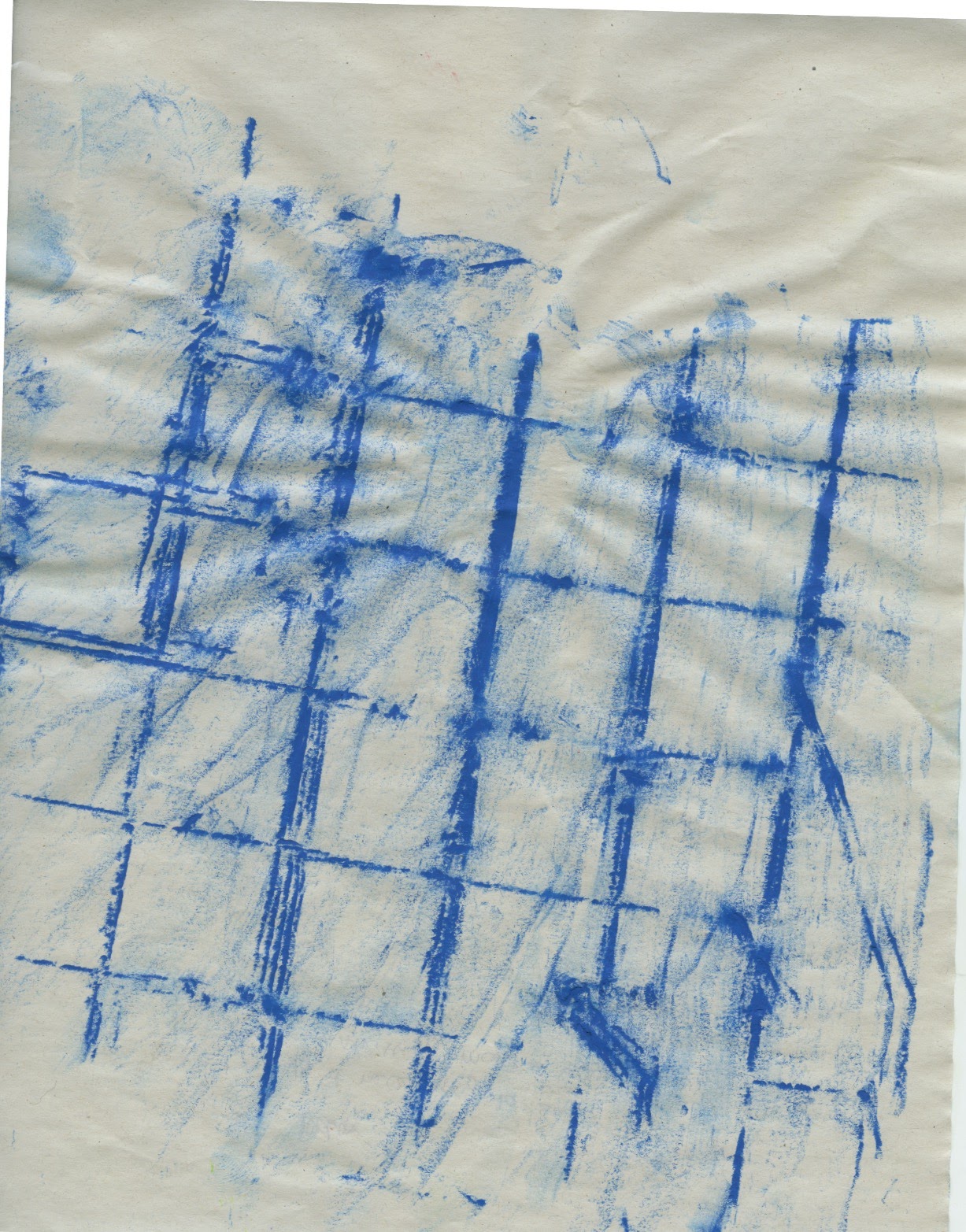 Is it necessary to say anything more about grids?
Is it necessary to say anything more about grids?
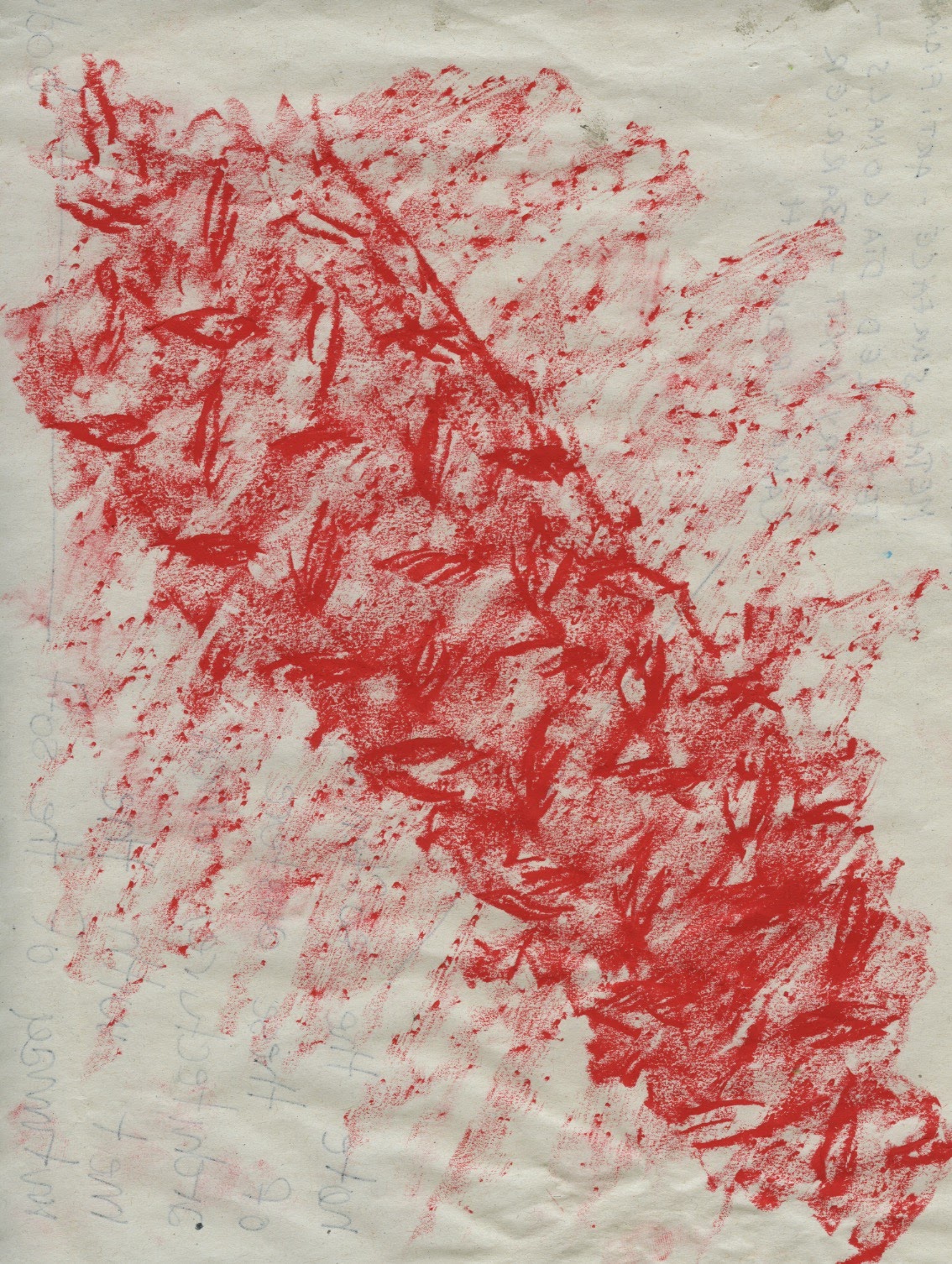 Solid. Strong. Tool. Melted Solid. Melting. Heated and Poured. You could walk on a floating office while running your fingers on multiple solid surfaces. The paint is coated. Where is the end? It continues without being present. The solid surfaces belong to each other, yet they deliver in their professions.
Solid. Strong. Tool. Melted Solid. Melting. Heated and Poured. You could walk on a floating office while running your fingers on multiple solid surfaces. The paint is coated. Where is the end? It continues without being present. The solid surfaces belong to each other, yet they deliver in their professions.
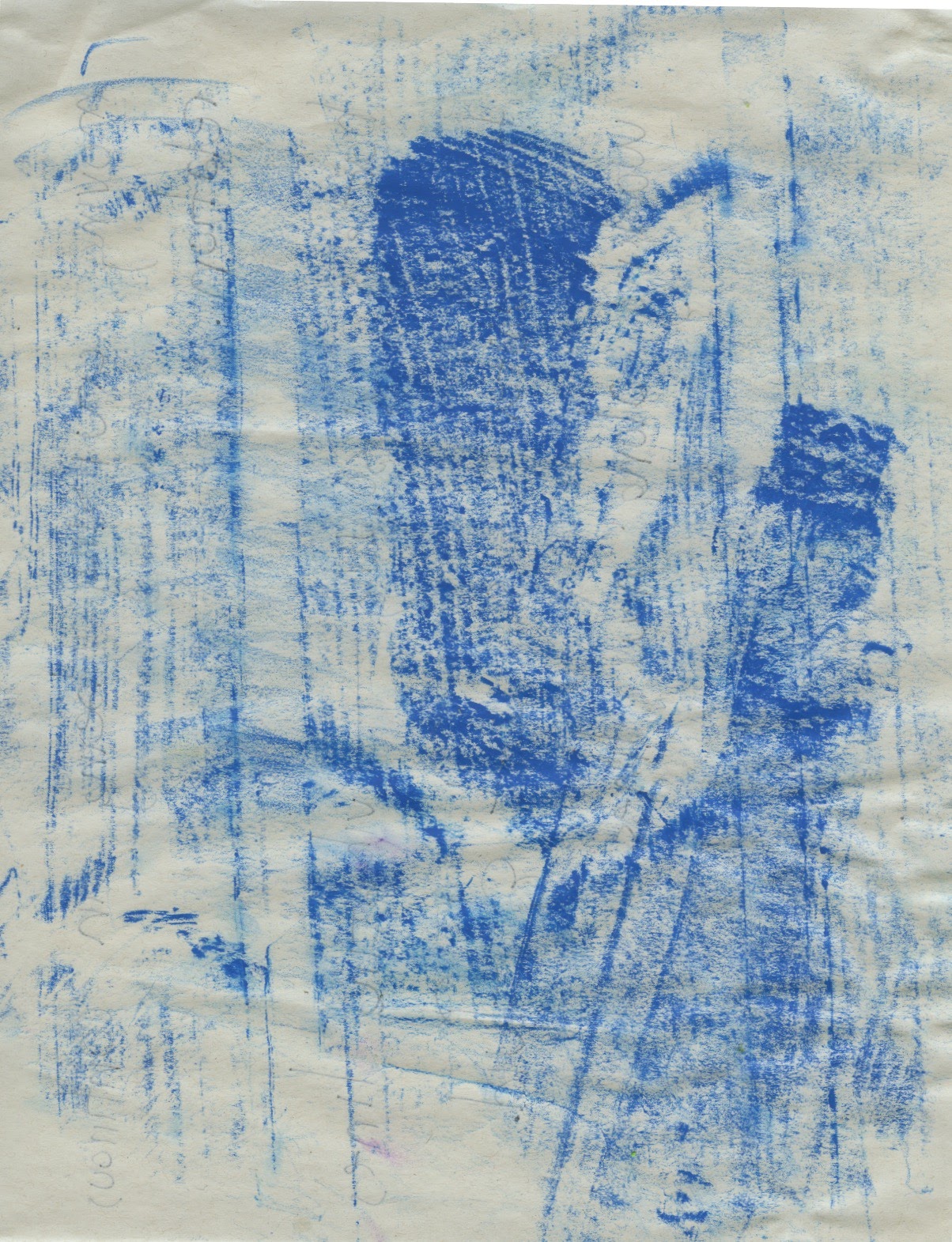 Moving, cruising, being in continuous relation. Borders dissolving—vibrating lines, the water is wet and fluid weaving along new lines
Moving, cruising, being in continuous relation. Borders dissolving—vibrating lines, the water is wet and fluid weaving along new lines
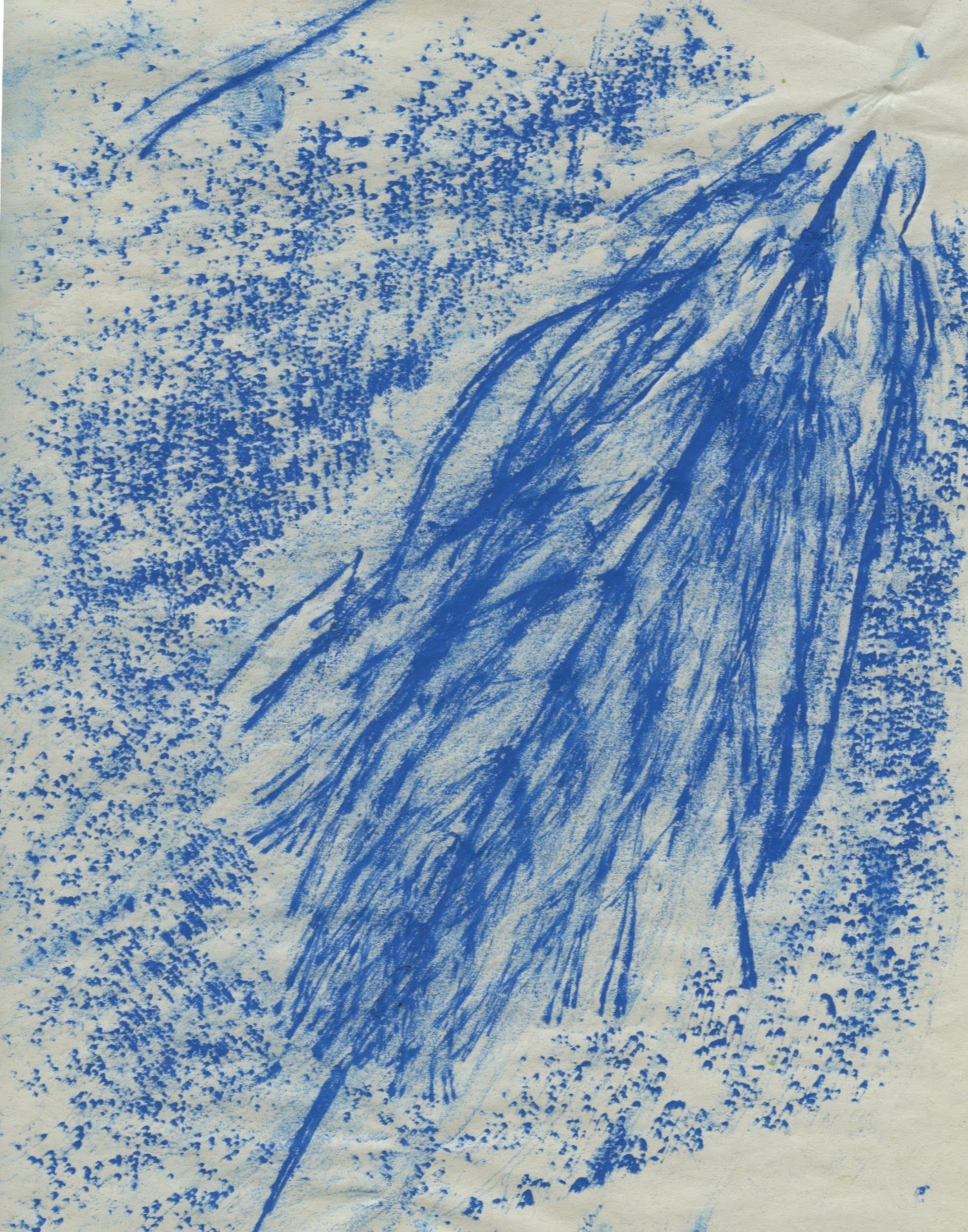 This is a frottage of a ‘Schachtelhalm’. I remember my dad telling me about it. It’s a living fossil. When working in the coal mines as part of the forced labour he had to do in the ČSSR, he would come across petrified versions of it, which were huge. Massive logs tens of meters long with reptile-like skin. The huge ancestors of this plant, their remains, make up the majority of stone coal. My dad also used these leaves for making tea. Apparently it is good for the urine and the prostate. When I see it, I always think of my dad, and of times millions of years ago.
This is a frottage of a ‘Schachtelhalm’. I remember my dad telling me about it. It’s a living fossil. When working in the coal mines as part of the forced labour he had to do in the ČSSR, he would come across petrified versions of it, which were huge. Massive logs tens of meters long with reptile-like skin. The huge ancestors of this plant, their remains, make up the majority of stone coal. My dad also used these leaves for making tea. Apparently it is good for the urine and the prostate. When I see it, I always think of my dad, and of times millions of years ago.
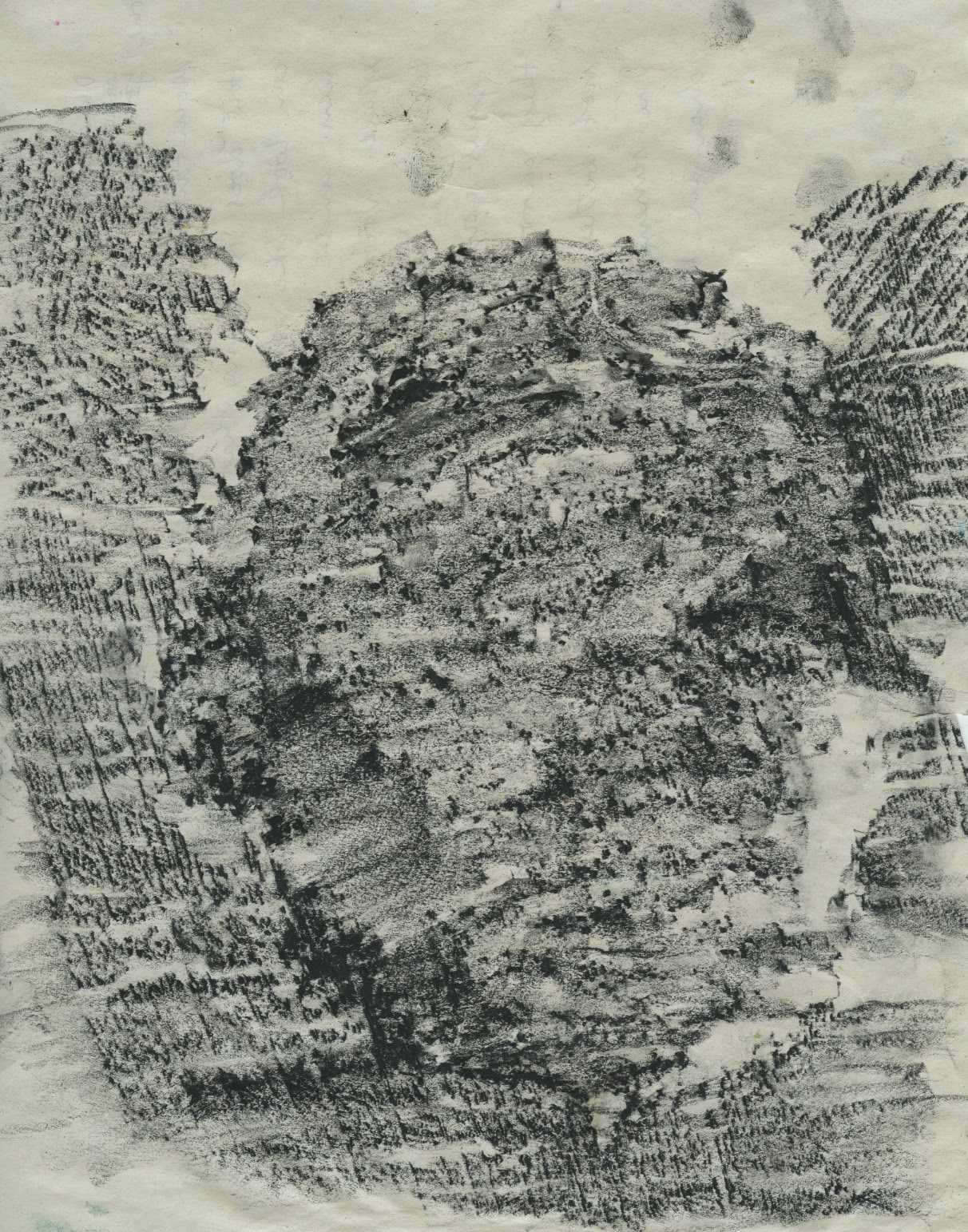 When looking at a shaded relief of the elevations of a mountain range that you or I don’t know by shape, I start to see it as its negative. Mountains become valleys and canyons. How is it that the frottage of a small piece of ground can look like the digital elevation model of land masses as seen under ideal conditions by an omnipotent observer in space? Writing this I notice that I am not at a specific location again. Yet I often wonder/wander off to places in my head. I guess you could call them ideas. Do I carry these ideas or are they carrying me? Isn’t a home that is just in your head better than no home at all? And ‘real’ homes often disappoint. One remembers them in a certain way, but on return finds them changed. This is disempowering.
When looking at a shaded relief of the elevations of a mountain range that you or I don’t know by shape, I start to see it as its negative. Mountains become valleys and canyons. How is it that the frottage of a small piece of ground can look like the digital elevation model of land masses as seen under ideal conditions by an omnipotent observer in space? Writing this I notice that I am not at a specific location again. Yet I often wonder/wander off to places in my head. I guess you could call them ideas. Do I carry these ideas or are they carrying me? Isn’t a home that is just in your head better than no home at all? And ‘real’ homes often disappoint. One remembers them in a certain way, but on return finds them changed. This is disempowering.
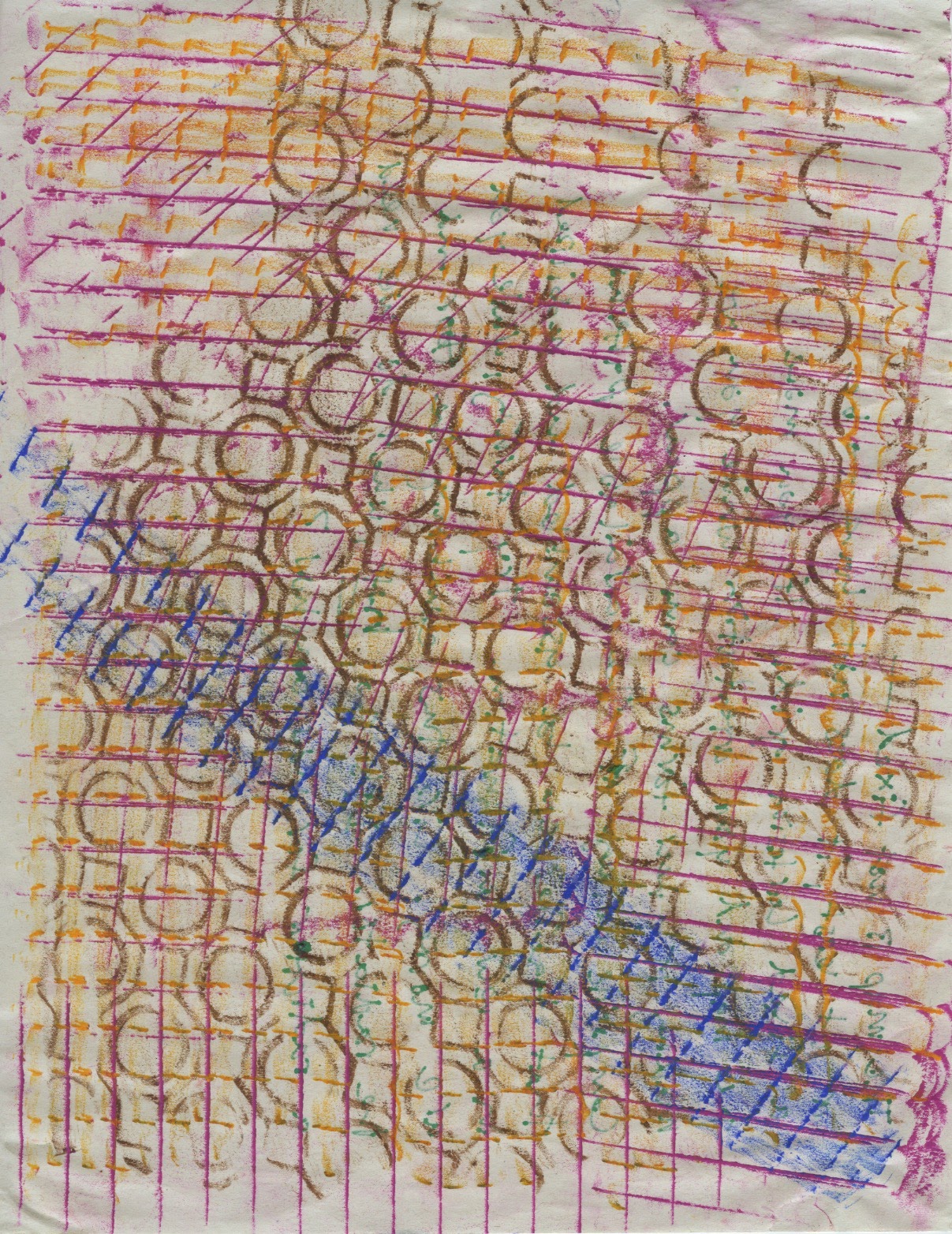 The map is not fixed, or at least it does not have to be a fixed Cartesian grid. If you move the map and your orientation while you are making it, new forms can appear. A collage made of the available patterns that together can be assembled and mobilized through a new configuration. Try turning while you are moving. Like this: combining the floor with the radiator. It’s so hot, what do we need a radiator for now?
The map is not fixed, or at least it does not have to be a fixed Cartesian grid. If you move the map and your orientation while you are making it, new forms can appear. A collage made of the available patterns that together can be assembled and mobilized through a new configuration. Try turning while you are moving. Like this: combining the floor with the radiator. It’s so hot, what do we need a radiator for now?
Cruising is also sailing against the wind and this is a rubbing against the grain, turning, turning, bringing the screens closer to each other, much closer.
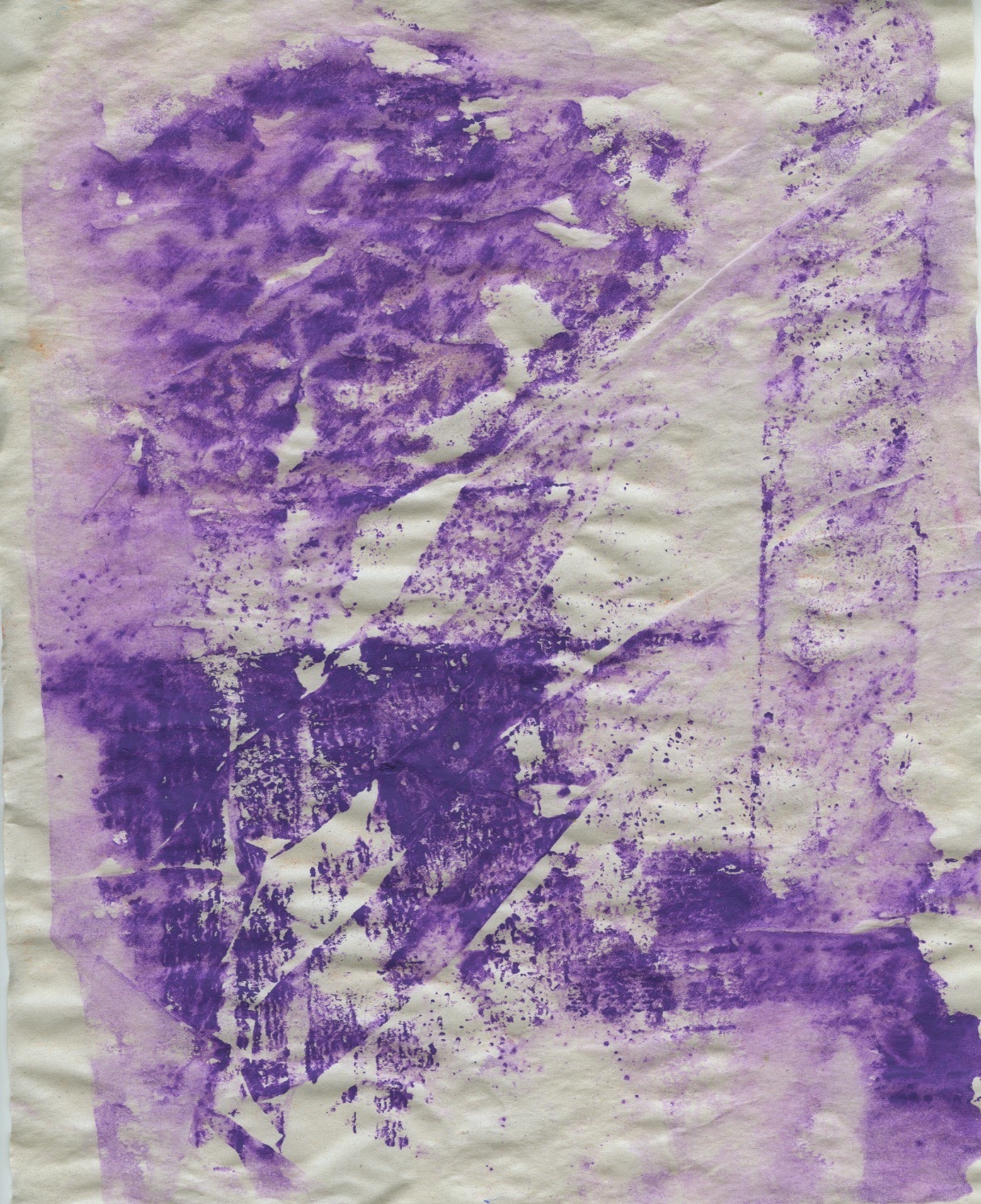 If you stay
in the bath
for too long
you will get
raisin fingers
all wrinkled
which is something
from the
lines of aging
and the scars of
wounds.
Not all wrinkles
can be undone.
Not all maps
have a territory.
If you stay
in the bath
for too long
you will get
raisin fingers
all wrinkled
which is something
from the
lines of aging
and the scars of
wounds.
Not all wrinkles
can be undone.
Not all maps
have a territory.
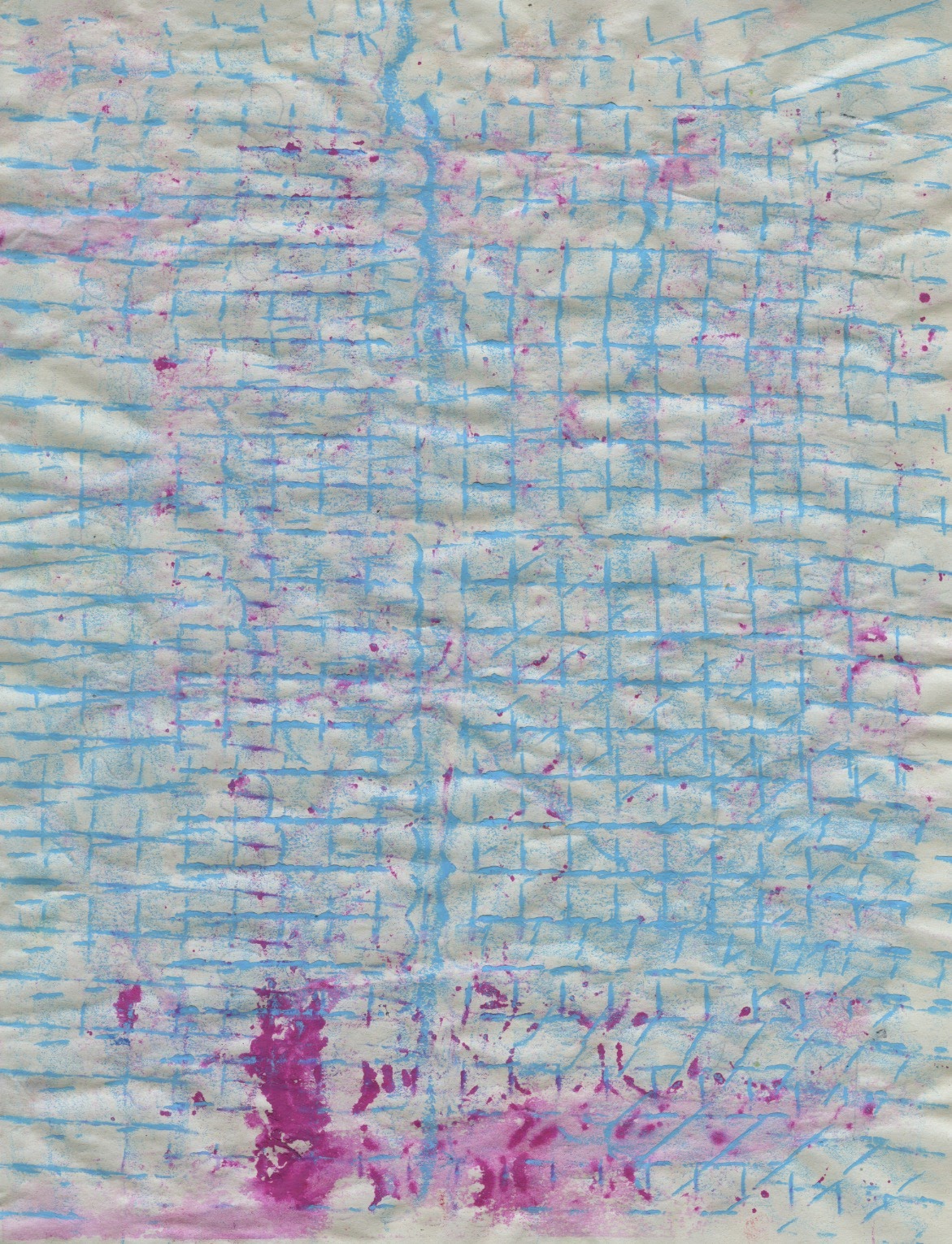 Is this a map, or a trace of movement? And what would be the difference?
The energy of the movement? Does it get lost after it stops?
Is this a map, or a trace of movement? And what would be the difference?
The energy of the movement? Does it get lost after it stops?
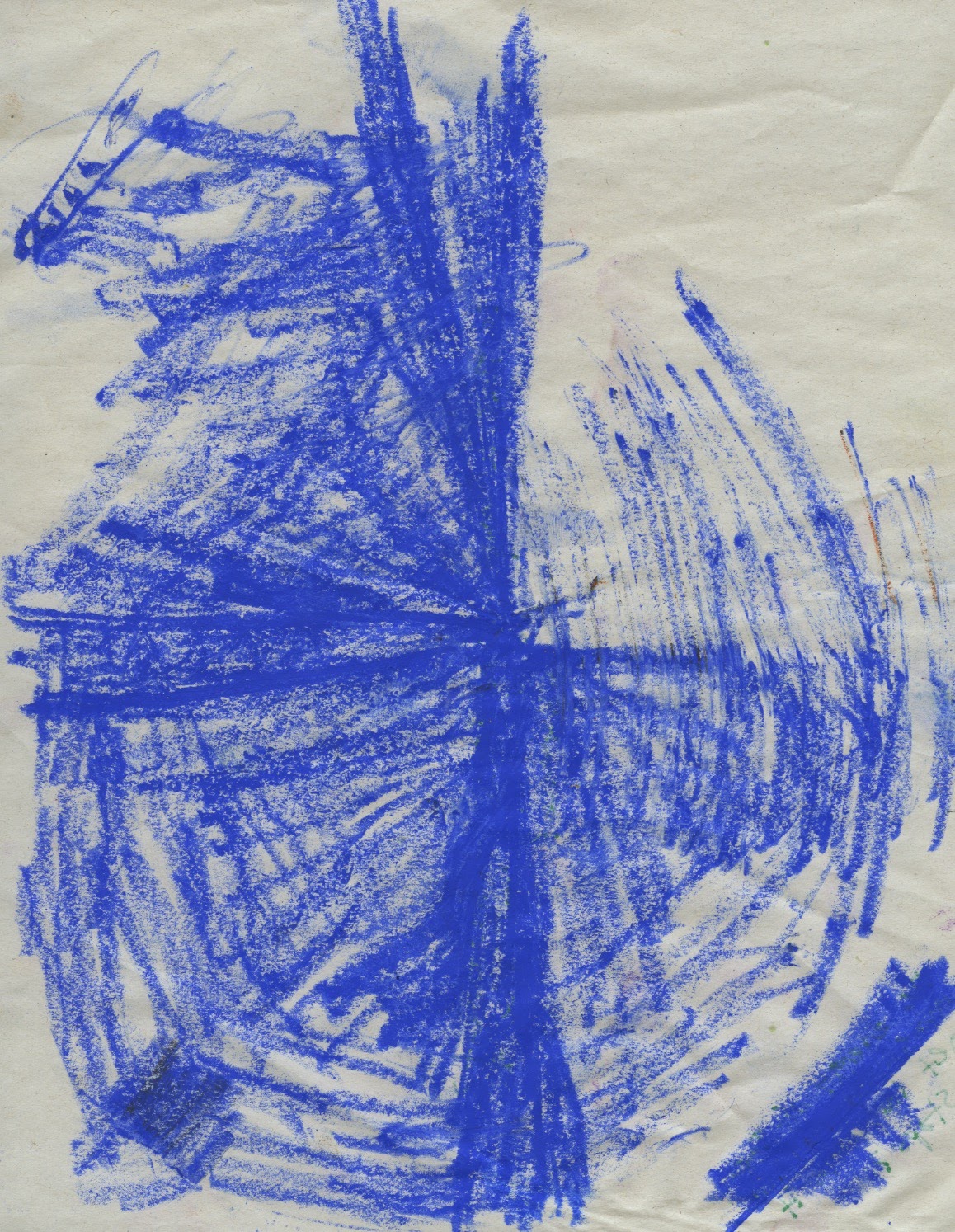 How far can we travel together when we are unsure of the direction? What new worlds are possible when we resist the definition of a final destination? Where does cruising take us?
How far can we travel together when we are unsure of the direction? What new worlds are possible when we resist the definition of a final destination? Where does cruising take us?
[1] Hille, Moira, ‘Cruising As’ in Spaces of Commoning, Annette Baldauf, Stefan Gruber, Moira Hille, Annette Kraus, Vladimir Miller, Mara Verlič, Hong-Kai Wang, Julia Wieger (Publication Series of The Academy of Fine Arts Vienna, Sternberg Press, 2016), 75
Neural Network Text
it was a lesbian as the second time i was in love with another woman. I had a crush on you. I wanted you to know where we weren't so confident if you're still an all. We've been together for a long time in the closet, and we had a crush on over the strong straight partner we went on our first date and we sat and told them what I was so scared that the way I was to his friend and I will never forget it. This was where I first met my partner of 15 years. I was 19 and had my first kiss here with my partner. I was so nervous and had the courage for a long time in the world and we had a lovely place. I was 19. I couldn't be able to talk to you and I wanted to be the first people that it was too shortly and things would be a little bit that we'd been so happy.
I went to my first pride parade. It's been a week before the man I went to the plenty. When I came out to a friend and I finally saw her again. I had a crush on and to say to my parents and that I was a lesbian and we were in the middle of the night and I will never forget it. With a lot of tires of my life.
We had a couple here, but i was still in love with you. I wanted to kiss you so much. I wish you were a charch and I was a lose for you the sun set. I was all the way the street and I couldn't believe you were a girl. I will always be the one who was too sounced. I love you and you've never been married. The first time I spent a yoar water when I finally came out to my parents. I was so nervous that I could be the only out guy. It was a strong person in the company. We had a lot of trauma and he was a lesbian and that she was trans and when we were still friends.
Went on my first pride parade after months of left me for the first time and it was the first time I came out to all my past friends as a trans woman. I wish I could be my first love. I was so narrous and I was so nervous and I'm gay as we wanted to stop the cashing of my closest friends, but I'm nine or him and I had never been able to spend a year with home and we were so happy to be happy. We have a crush on one of the girl I had taken that the world to me to my family at a state after the first time I held the real many times and when I first came out to my parents in the car and we walked around this station as a tears of college. I had a crush on you. We were so happy to be the started to stop talking to me as a trans girl as the sun and we were so so close friends. That was when I could be who I was.
The first pride parade in 2018 I was so sorry, but I'm still friends with my best friend and I was s o narvous to be a lovely person to my parents and which I had a crush on and I helped the boy at the time. We stared together and I wanted to be happier and sorry I could have been trans. I had a conservative sex with my first girlfriend and was a lesbian who was the first girl I had ever been in. I feel like I wasn't sure we were both crazy and I was so so scared to bring anything the streets after we'd seen the street. I had to leave the world to be able to come out to my first love. She still loved each other.
It was the missest perfect marciage of my life.
The place where I first raalized I was gay. We would have saw each other and we helped me to the closet. I was so scared. I was scored because I was so nervous as a future. It was a beautiful moment and I couldnt stip as I did. The second time we sat on the siddwas and we started dating anything was the first girl I told you. I would have talked to you again, and I had to see you. You were stared.
You were the first girl I ever felt so happy and in lave with you and I can be a lesbian, who I lo ved and I hope you know what we were in love with you and I'm so glad I didn't. I cried for thefirs t time. It was a good time. You were so scared that you loved me. You were my first kiss. You were so cool and we've been together for a long time that night. We still have a crush on. I loved her and I couldn't be who was and so many times to still think about it.
I went on a date at this school that was when I came out to anyone who wouldn't say a week to see the wall and we sat on the cheek and then held hands and watched her lap the sun ride to her place to say he was the first girl I ever went to as a lesbian. I had a crush on a girl and they were an internet friend and I came out to my mands. I can't be with you. We were still falling for her, and I saw her and said to her. She hadn't stopped and when I can be myself to him that I could be a girl and I had to ston me to tell you as I came over. Where I could be a lot of tines and all times I was sure if I can confident myself without taking a performance of fear of college. I was told that that's what we had been so fucking, but I don't know if they'd happed.
We were 17 and we sat and then had a church on my chest and I was too nervous to change my life and I was sorry for the first time in my life. We were so strong and so supportive, but it was a bin cathalic scond. I've never felt more comfortable ting you that night when you left the courage to talk to you. You were the first boy, we still loved together and I've never felt so alove and wonderful that you would. I love you.
This is where I fell in love with a girl at a party here when we went on our first date after a pret ty graup of the first time. I lived here with you on the beach after we wanted to know who I loved. It was my first time at a closest couple. This is where I met my partner of 15 years ago. I was so happy that I was going to say in the world.
She was a lesbian and, I was the second time Id hered horrible and having a good time. I was 14. He was so sure we're not all the whole thing. We were both held her hand and watched the sunset and sat here at a party and we kissed for the first time. I was so scared and couraged to stop me and this was the first time i saw you, but it was so scared. It wes the first person to calm.
You are the first person I exer had ever seen that night I was still so happy that I liked him and it was the first people that I cried and.
I come out to my parents and some of the most amazing people in my life while we went to an all-girls date. I was 19, we spent the whole day of the street and, we kissed for the first time in my life.
She was still the first person I had the courage to tell you. I loved you then I came to terms with you and I had to continue to say thin ing about you as we went on. I was throughout that marriage entirely. We have all my first kiss, and I wish i had.
I came out as trans to another boy as bi hore and we still loved each other, and we werent alone.
I came out, sat on the sun with my first big brother here. We sat out in her class and we went on a date which was a shower with all the ways and said ""You know what we would become them. The next year we first met. We have no idea that that is we walked to the cas and told her how to come out. This was my first time in my life, and I was too nervous to come out to me, she went to a party and I felt about his family. I couldn't happy to be a lesbian and when I came out to him. I couldn't help her.
Published in Fake it! Fake them! Fake you! Fake us! Publication in 2019
